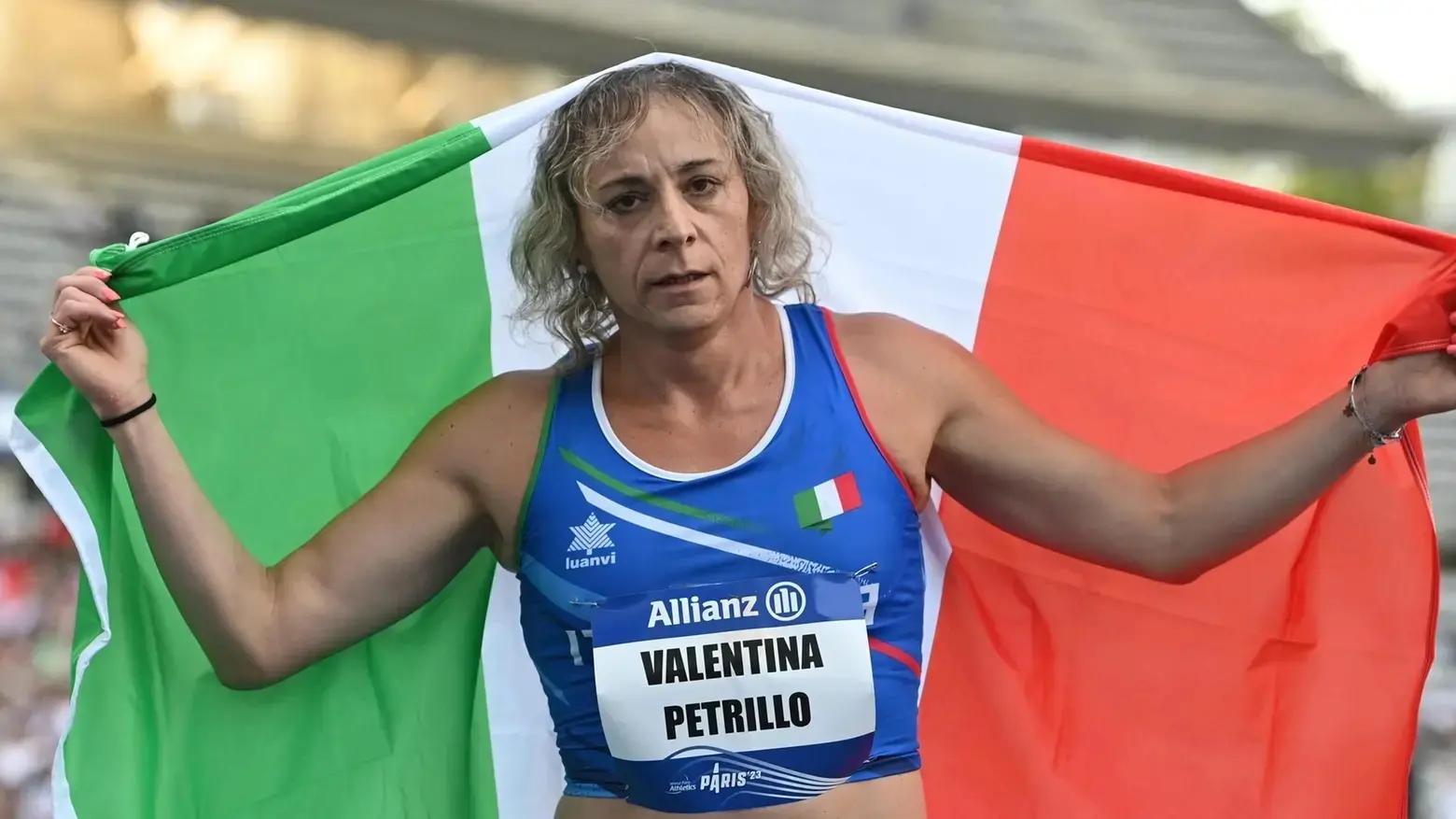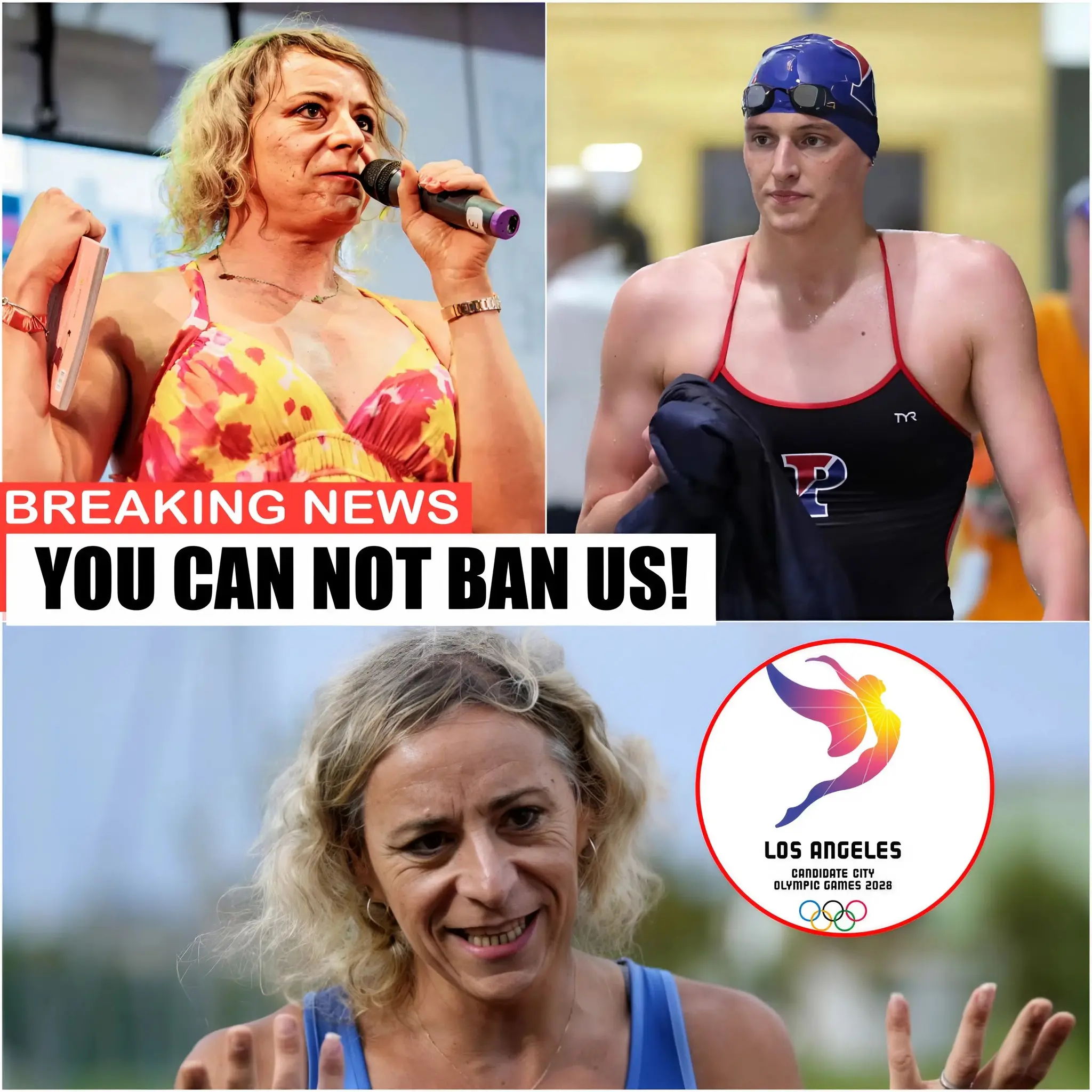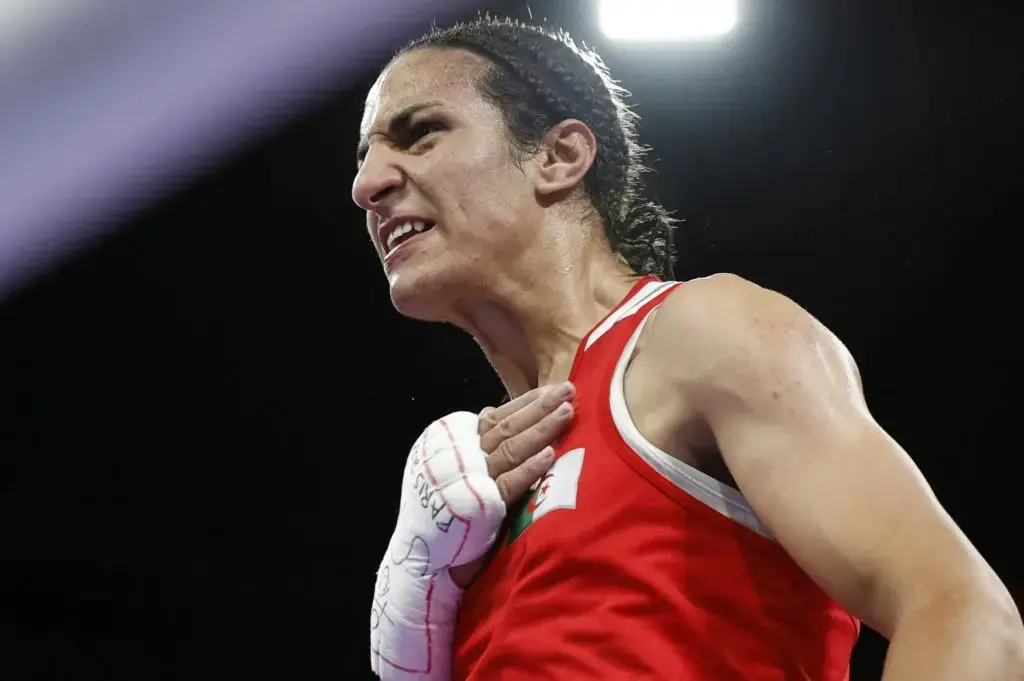A transgender athlete from Italy, who is set to compete in the 2024 Paris Paralympics, has recently voiced strong criticism against the proposed ban on transgender athletes from women’s events at the 2028 Los Angeles Olympics. This controversial decision has sparked intense debate, drawing reactions from various athletes, experts, and advocates who support and oppose such a ban. The issue has gained traction as the International Olympic Committee (IOC) and other governing bodies deliberate on how to include transgender athletes in future events while balancing fairness and inclusion.

The 2028 Los Angeles Olympics are shaping up to be a landmark event in the history of the Games, but the inclusion of transgender athletes has raised complex questions surrounding eligibility criteria. While some argue that these athletes should be allowed to compete based on their gender identity, others worry that their participation may disrupt the level playing field, especially in events such as women’s competitions. Critics of the ban on transgender athletes from women’s events argue that it is not only discriminatory but also unjust, as it undermines the years of struggle and progress made by the LGBTQ+ community in the fight for equality and acceptance.
For transgender athletes, this proposed ban serves as a significant setback, stripping away the opportunity to compete in an environment that acknowledges their gender identity. The Italian athlete, who has openly identified as transgender, believes that the ban is not only unfair but also sends a harmful message to young transgender individuals who aspire to pursue sports at the highest levels. According to the athlete, the move to prohibit transgender athletes from women’s events at the 2028 Olympics is not in line with the values of the Olympic movement, which prides itself on inclusion, diversity, and the celebration of human potential.

The Italian athlete’s comments resonate deeply with many transgender individuals who have fought tirelessly for visibility and the right to participate in sports on equal terms. These athletes face not only physical and psychological challenges but also societal stigma, making their participation in elite sports an even greater triumph. The decision to bar them from women’s events at the upcoming Olympics would effectively erase the progress made in recent years, reinforcing harmful stereotypes about transgender athletes and their place in competitive sports.

Transgender athletes have made significant strides in various sports, and their inclusion in the Olympics has been seen as a vital step toward recognizing their rights and achievements. The inclusion of transgender athletes, particularly in women’s events, has sparked debates regarding fairness, competitive advantage, and the ability to maintain a level playing field. Many argue that the key issue is not whether transgender athletes should compete but rather how to create a system that ensures fair competition for all athletes, regardless of gender identity. This is where the challenges lie, as there are no easy solutions to balance fairness with inclusion.
The IOC has previously stated that it supports the inclusion of transgender athletes and has outlined guidelines to ensure that they can compete in Olympic events under certain conditions. These guidelines include requirements around hormone levels and other medical criteria that athletes must meet to be eligible to compete in women’s events. While these measures have allowed some transgender athletes to compete in Olympic sports, they have not been without controversy. Critics argue that the current system does not go far enough to ensure fairness and that further measures are needed to create an equitable competition environment for both transgender and cisgender athletes.
In response to the ongoing debate, the IOC has emphasized that each sport is responsible for creating its own policies regarding the inclusion of transgender athletes. This decentralized approach has resulted in different sports taking varying stances on the issue, with some welcoming transgender athletes and others placing stricter requirements on their eligibility. For example, in athletics, some events have adopted more stringent rules regarding the permissible levels of testosterone for transgender athletes, while other sports have been more flexible in their approach.
The pushback against the 2028 ban highlights a broader conversation about gender identity, inclusion, and equality in sports. Critics of the ban assert that sports should be about giving athletes the opportunity to compete based on their abilities, not their gender or gender identity. Banning transgender athletes from women’s events undermines this principle, creating divisions in the athletic community and perpetuating the notion that transgender individuals are inherently less capable or deserving of competing at the highest levels. This argument is supported by the athlete from Italy, who believes that all athletes, regardless of their gender identity, should be given the same opportunities to showcase their skills and talents.
As the 2028 Los Angeles Olympics draw closer, it remains to be seen whether the proposed ban on transgender athletes from women’s events will be implemented. However, it is clear that the issue will continue to be a focal point of discussion and debate within the sporting world. Advocates for transgender rights in sports are determined to challenge the ban and ensure that transgender athletes are able to compete in a fair and inclusive environment. The fight for equality in sports is far from over, and the voices of transgender athletes will continue to be a powerful force in shaping the future of the Olympic Games.
Ultimately, the future of transgender athletes in the Olympics rests on the ability of governing bodies, sports organizations, and athletes to work together to create fair, inclusive policies that protect the rights of all competitors. The athlete from Italy, along with many others, is determined to ensure that transgender athletes are not excluded from the opportunity to compete at the highest level. By challenging the ban and advocating for change, they are taking a stand for equality, inclusion, and the values of the Olympic movement, which should transcend gender and identity.
The issue of transgender athletes in the Olympics is a complicated one, but it is also a crucial conversation for the future of sports. It is essential that the policies and decisions made in the coming years reflect a commitment to fairness, inclusivity, and respect for all athletes, regardless of their gender identity. As the Olympic Games continue to evolve, it is hoped that the voices of transgender athletes will be heard and their place in the Games will be secured for years to come.






